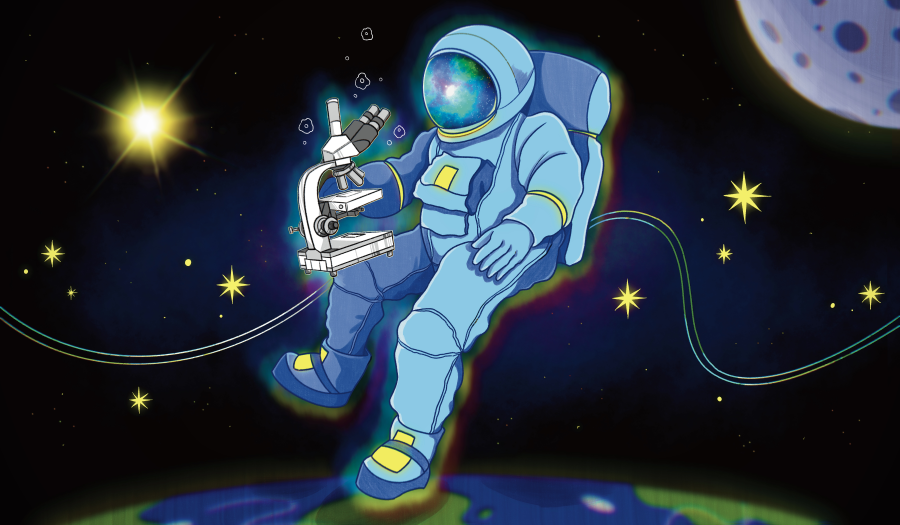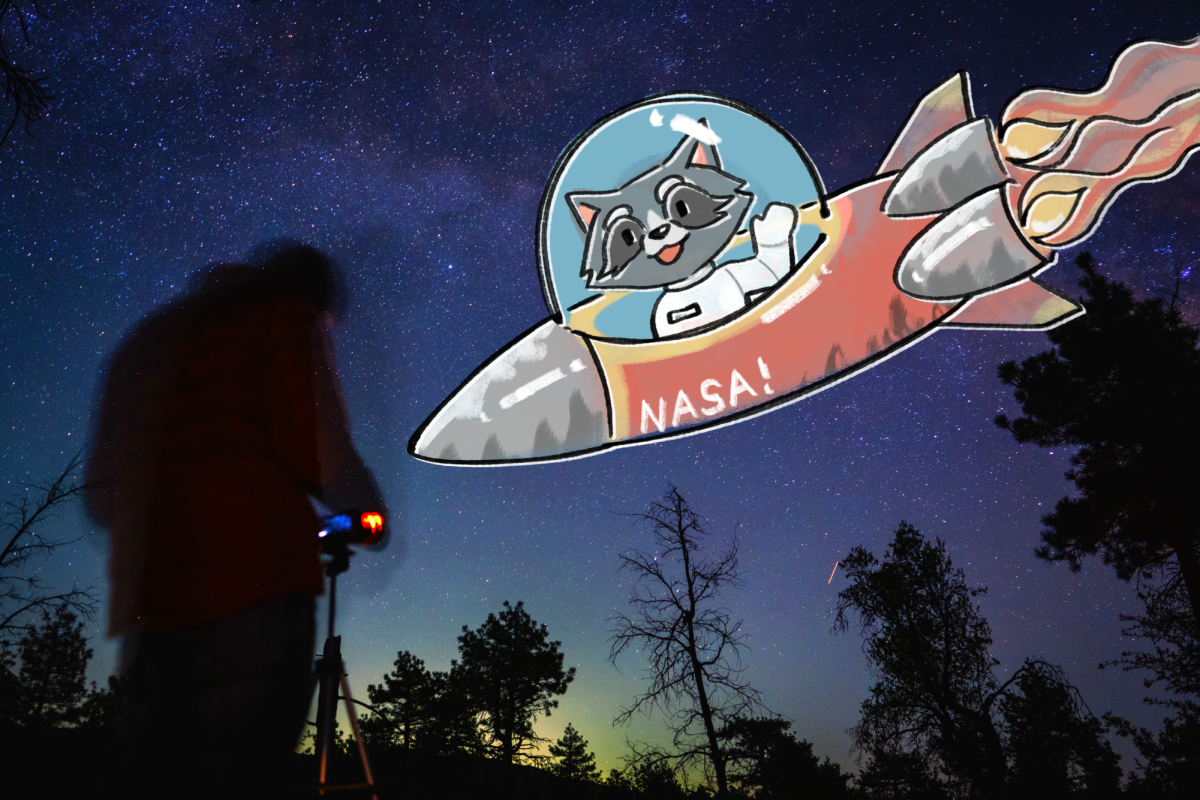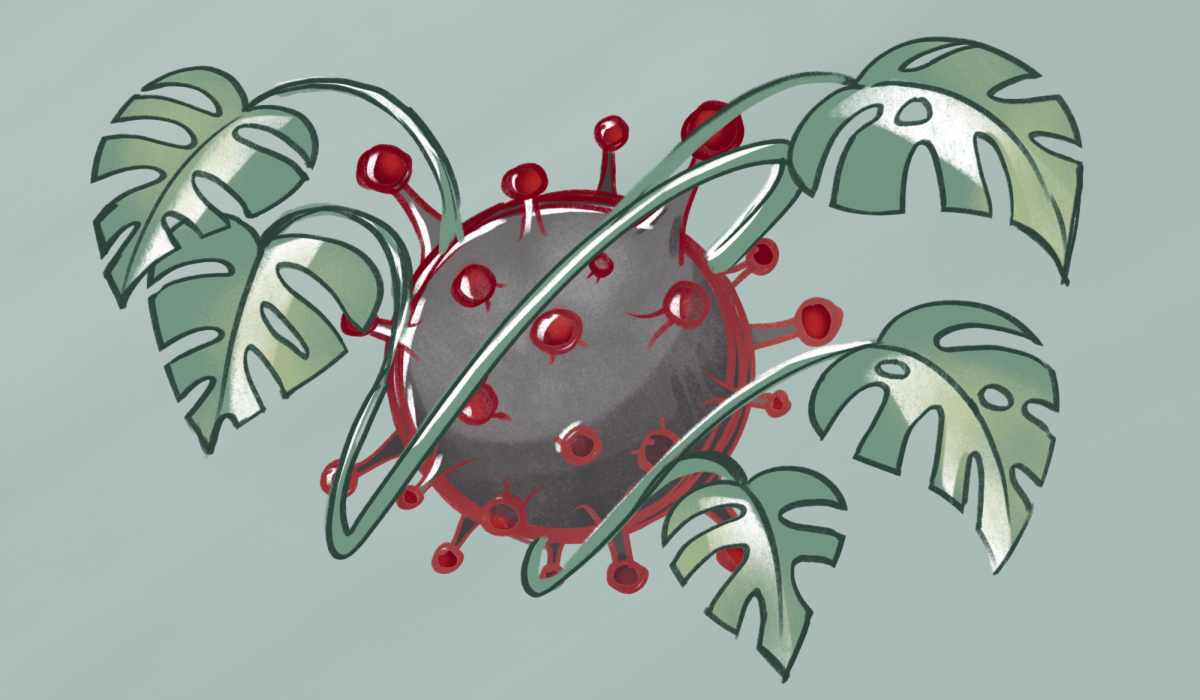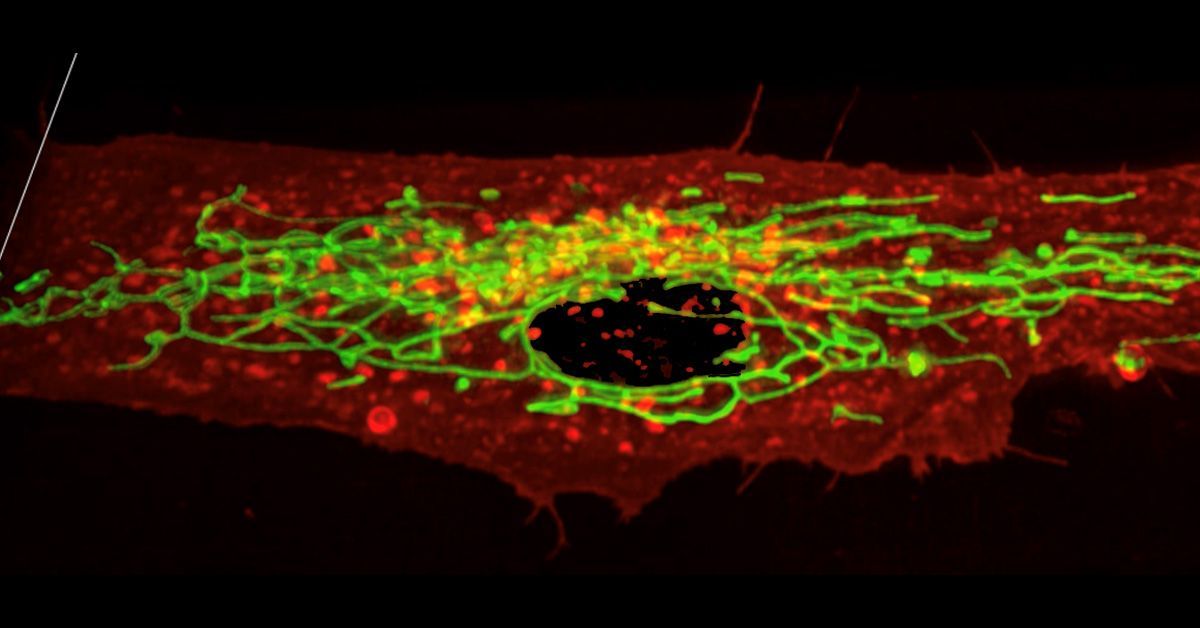UC San Diego and Sierra Space have established an agreement to jointly develop the world’s first commercially owned and operated space station, Orbital Reef. Orbital Reef will be a “mixed-use business park in space in low Earth orbit (LEO) for commerce, research, and tourism by the end of this decade,” according to Sierra Space. According to a press release by Sierra Space, UCSD will support the development and launch by “provid[ing] input […] on the design and concept of operations for providing new, state-of-the-art biomanufacturing, biofabrication and related in-space laboratory capabilities and services to industry, academia and government researchers.”
This collaboration between Sierra Space and UCSD comes at a timely juncture for UCSD’s Integrated Space Stem Cell Orbital Research team. Two years ago, along with their partners at Space Tango, UCSD researchers at the Sanford Stem Cell Clinical Center at UCSD Health, Sanford Consortium for Regenerative Medicine received a NASA award to develop the world’s first stem cell research laboratory on the International Space Station (ISS). However, given that NASA recently outlined their plans to retire the ISS by 2031, this new agreement will allow the team to continue their exciting research beyond the ISS’s closure.
In a press release, Professor of Medicine, Director of the Sanford Stem Cell Clinical Center at UCSD Catriona Jamieson also expressed her optimism about the unique and valuable research that can be conducted in space.
“Microgravity and radiation exposure in low-Earth orbit offers a unique opportunity to study stem cell aging and pre-cancer development in a compressed time frame in a manner that is unavailable on Earth,” she said.
Jamieson also went on to explain how UCSD’s Integrated Space Stem Cell Orbital Research team has already made promising findings in space. These findings, she says, augment our current understanding of cancer and stem cell dysfunction, providing exciting new avenues to explore in search of diagnostics and therapeutics for cancer and degenerative diseases.
“[Our team] has launched six missions carrying stem cells and stem cell-derived organoids into LEO. We are learning things that we never could under normal gravity; knowledge that can elevate the search for new pre-cancer diagnostics and therapeutics that eradicate cancer at its earliest stages into addition to a broad array of degenerative diseases that arise as a result of stem cell dysfunction.”
Sierra Space CEO Tom Vice also expressed his confidence in the collaboration, as well as his high hopes for the potential clinical applications of research conducted on Orbital Reef.
“This agreement with UC San Diego is a major breakthrough in human health care research conducted in space and signals the beginning of a new era of discovery,” he noted. “UC San Diego will now have a place to grow and expand its vital research in biotech and biopharma with full, on-orbit biomanufacturing and biofabrication centers to foster breakthrough advancements and products in medical science that will benefit all life on Earth.”
In addition to cutting-edge research, Orbital Reef will also serve as a platform for commerce and tourism opportunities. Sierra Space briefly described plans to equip it with the company’s Large Integrated Flexible Environment (LIFE™) modules. These habitats, designed to support 4-12 individuals, are 3 stories tall, and 27 feet in diameter. They come equipped with a health monitoring system, air circulation, environmental monitoring, as well as an Astro Garden to sustain longer missions. Transport to Orbital Reef will be facilitated by the company’s Dream Chaser spacecraft, which was previously contracted by NASA to provide cargo delivery to the ISS.
Sierra Space Corporation was founded in 2021 by Sierra Nevada Corporation (SNC), a private company that specializes in space systems and national security and defense. As of July 2020, SNC has been involved in 14 NASA Mars Missions, and has participated in more than 450 successful space missions. Previous projects SNC has been involved in include the design and development of the MC-145B Coyote Multi-Role Strike aircraft, radio-controlled improvised explosive devices and the STPSat-5 satellite. More information about Sierra Space and their products can be found here.





















visit us • Dec 30, 2022 at 8:31 am
Perfectly shared here.
https://www.countrymeadowestate.com/ • Dec 30, 2022 at 8:26 am
Glad to check this great site. Thanks for the share.
https://www.prosolarstl.com/ • Dec 26, 2022 at 8:24 am
Awesome post! Thanks for sharing this great article.
click here • Dec 20, 2022 at 9:40 am
Thanks for sharing here an interesting article.
The Wiki Inc • Dec 9, 2022 at 4:24 am
I can help with any chores, gifts, babysitting, dog sitting, cleaning. I also speak German if anyone needs support. He just moved here from Virginia.
Vanessa Davidson • Nov 29, 2022 at 4:59 am
This article really enlightened me. Thanks for this. https://rockstar-ride.com/
Augmented Reality • Nov 8, 2022 at 5:43 am
A great investment to achieve a scientific breakthrough in this field
https://beardcareshop.com/ • Nov 7, 2022 at 8:57 am
I am always fascinated by how intellectually was the concept of stem cells was brought to life.
Leighton • Oct 26, 2022 at 8:52 pm
Stem Cells are said to be one of the best treatment available these days. You may also want to try out and check the healing wonders of Chiro. You may check our website: https://chiropracticofnaples.com/
50 amp Generator • Oct 26, 2022 at 1:32 pm
This is awesome and a big breakthrough if this happens.
changeofaddressnearme.com • Oct 26, 2022 at 4:45 am
This is innovation at greater heights! Amazing!
https://backstagelimoservices.com/ • Oct 20, 2022 at 9:16 pm
They come equipped with a health monitoring system, air circulation, environmental monitoring, as well as an Astro Garden to sustain longer missions.
uno online • Oct 18, 2022 at 3:14 am
Recently, Sierra Space appointed two significant hires to oversee the growth of research capacity for potential LEO commercialization.